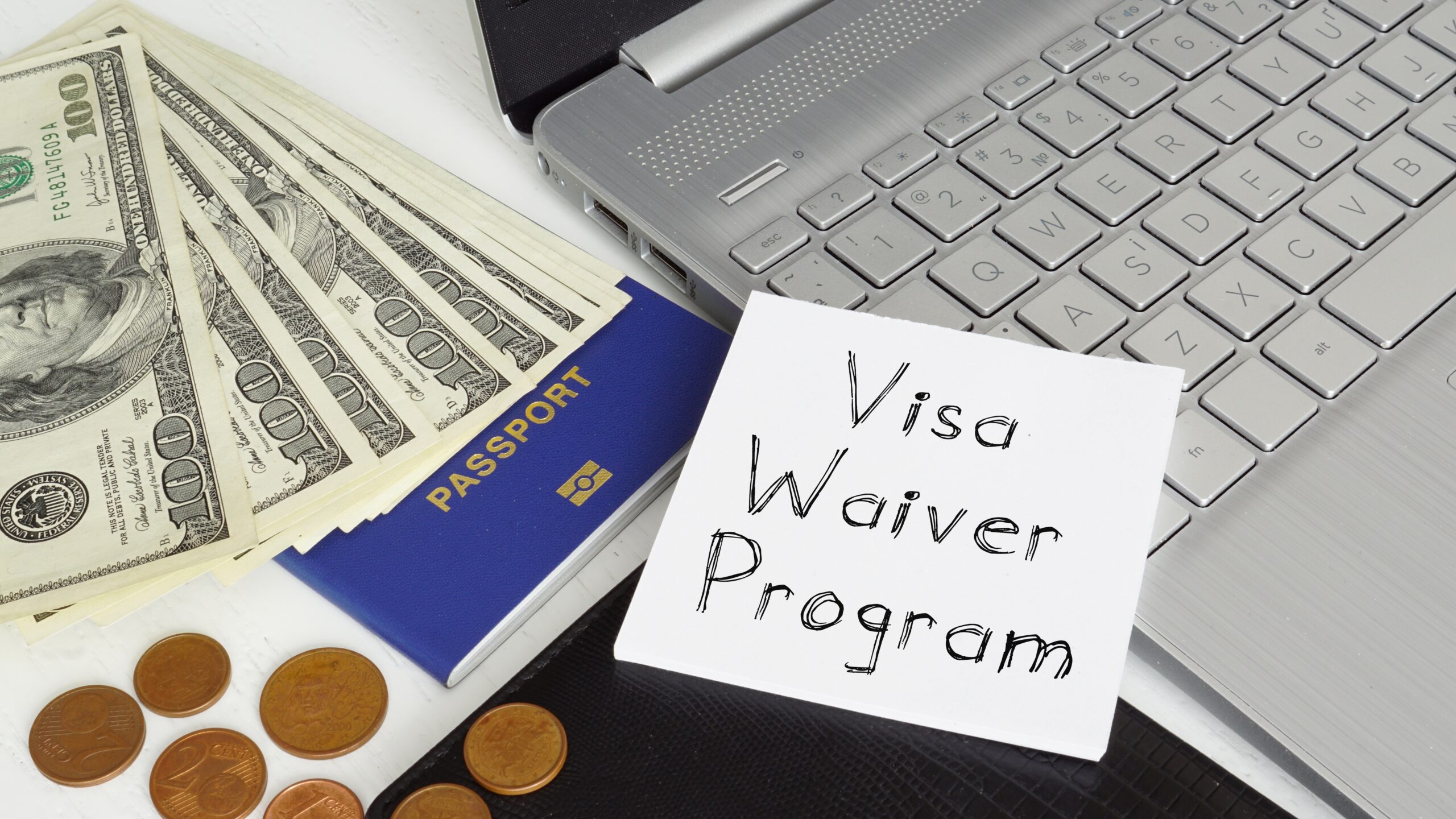
What Is a National Interest Waiver?
The United States is one of the most sought-after destinations for immigrants, offering a wide range of opportunities and a high standard of living. One of the most popular ways to immigrate to the United States is through a National Interest Waiver (NIW), which allows highly skilled individuals to obtain a green card without having to go through the usual labor certification process. In this blog post, we will explore the National Interest Waiver requirements and the benefits of this immigration option.
A National Interest Waiver is a type of employment-based immigration visa that allows highly skilled individuals to bypass the usual labor certification process. The labor certification process requires employers to prove that there are no qualified American workers available for the job in question. A US National Interest Waiver, on the other hand, allows individuals to self-petition for a green card if they can demonstrate that their work is in the national interest of the United States.
Benefits of a National Interest Waiver
One of the main benefits of an EB-2 National Interest Waiver is that it allows highly skilled individuals to bypass the lengthy and often complicated labor certification process. It also provides a path to permanent residency, allowing individuals to live and work in the United States without having to worry about visa renewals or expirations.
Additionally, a National Interest Waiver in the US does not require an offer of employment, which means that individuals can work for themselves or start their own businesses in the United States. This can be especially beneficial for entrepreneurs or individuals with highly specialized skills.
Requirements for a National Interest Waiver
To qualify for a National Interest Waiver, an individual must meet the following EB-2 National Interest Waiver requirements:
- Have an advanced degree or exceptional ability: The individual must have an advanced degree, such as a master’s or doctorate, or exceptional ability in their field. Exceptional ability is demonstrated by providing evidence of at least three of the following: a degree relating to the field, ten years of experience in the field, a license to practice the profession, a salary that demonstrates exceptional ability, membership in professional associations, or recognition for achievements and contributions to the field.
- Work in an area of national interest: The individual must be working in an area that is of national interest to the United States, such as science, technology, engineering, or mathematics (STEM) fields, healthcare, or business.
- Show that their work benefits the United States: The individual must demonstrate that their work has substantial merit and national importance, and that their work benefits the United States to a greater degree than an available U.S. worker would.
How To Apply For NIW?
To apply for an EB-2 National Interest Waiver, Form I-140 must be submitted in addition to meeting the criteria for National Interest Waiver. Form I-140 is essentially a foreign worker’s petition for permanent resident status in the United States.
Both you and your employer have the option of filing the I-140 NIW petition on your account. Once your case has been petitioned, the U.S. Citizenship and Immigration Services (USCIS) will receive your Form I-140 application.
With the Visa Bulletin published by the U.S. Department of State, you may find out whether your green card application has been approved or rejected.
Once your petition has been approved, your immigrant spouse and unmarried children under the age of 21 may also be eligible to apply for admission to the United States under E-21 and E-22 immigrant status.
Conclusion
The EB-2 National Interest Waiver green card is a great option for highly skilled individuals looking to immigrate to the United States. By demonstrating their skills, expertise, and contributions to national interest fields, individuals can obtain a green card without having to go through the labor certification process. While the process can be complicated, the benefits are significant, allowing individuals to live and work in the United States without the worry of visa renewals or expirations.
Get in touch with us at Sidman Law Group for an initial evaluation of your case. Our immigration lawyers are here to guide you through the process of fulfilling the criteria for a National Interest Waiver application. To get in touch, call us at 818-981-0352 or fill out our online form and we’ll get back to you as soon as possible.

